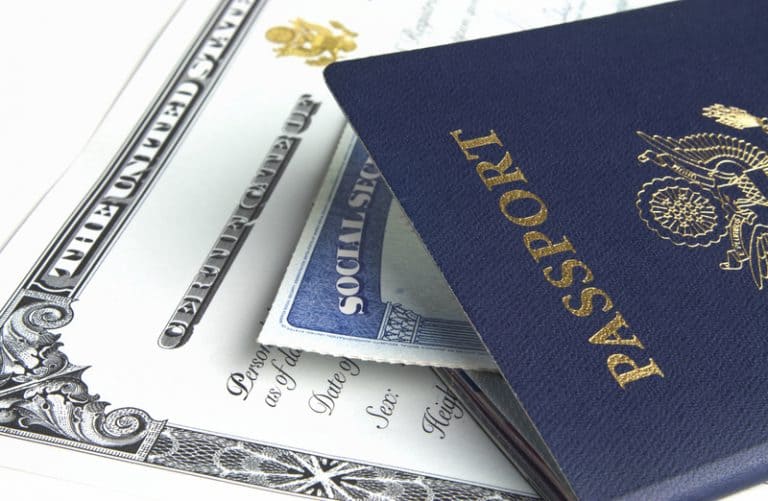
Legal translation is a very special subset of professional document translation. It is often confused with legal interpretation, which is a different service altogether – falling into the community interpreter circle. In an ideal scenario, you would have access to conference interpreters as legal interpreters, as well as legal translators, to handle the entirety of your legal document translation needs.
In our recent post, Only Trust Legal Translations to Professional Linguists, we emphasized, “Legal translation is a highly specialized niche because it must hold space for both the legal system as well as the cultural construct in which the legal system is operating.”
The legal field is one of the most specialized of all, handling a myriad of situations and using highly-specialized terminology. Even the most experienced of professional translators should never offer to serve as a legal translator if they aren’t native speakers of the target language (especially important when working from certified court interpretations to translations) and aren’t familiar with the relevant legal niche.
Your company’s–, organization’s– and your personal reputation – not to mention the status of a pending case –depends on the uttermost accuracy and thoroughness of any legal translations used to support your cause.
Professional translations span the gamut of documents, including:
- Witness statements
- Transcripts
- Immigration documents
- Identity documentation
- Litigation papers
- Official reports
- Contracts and agreements
- Wills and trusts
- Articles of incorporation
- File patents
- Precedents and legal rulings
When working with these documents, legal translators do much more than replace one word with another. Professional legal translations must:
- Be 100% accurate
- Precisely reflect a document’s words, emotions and nuances in another language
- Flow naturally in that language
- Transpose legal concepts and contexts
- Translate the legal and cultural constructs and traditions from one language and culture to another
- Reflect the legal genre or niche for which (and/or from which) the documents are used
- Craft a final product that is “fit-for-purpose,” whether it’s a public document or one that is legally binding in the target language.
Ultimately, legal translation is an incredibly intricate and intuitive task, which is why high-quality legal translators are worth their weight in linguistic gold.
The legal translation team at Chang-Castillo and Associates (CCA) uses quality assurance process that takes place in three, separate levels – including an initial translation, a round of objective proofreading and editing, and then a third-go over to ensure the final legal translations are perfect and formatted correctly. One of our qualified project managers oversees the entire process.
If your prospective legal translation team doesn’t honor a similar commitment and dedication to perfection, we suggest continuing the search to find professional legal translators who do.
Choose a professional legal translator with ample industry experience
Legal documentation is about as precise, exact and technical as translation assignments comes. It’s a challenging niche at its essence, and this challenge is compounded when multiple languages are involved. For this reason, we recommend you work with a language service firm that has legal industry expertise and the ability to pair you with exactly the right legal translator(s) for the job.
The legal translators working for CCA have legal expertise and extensive experience translating legal documents. We work closely with your team to produce flawless translations of all legal documents. Our translators are also adept at assisting when you get predictably impossible requests from jurors, lawyers or others.
For example, those who aren’t familiar with languages and linguistics may not understand “verbatim translations” of the court interpreter’s transcripts are rarely possible due to differences in grammar structures, variances in legal terminology between languages/cultures, and differences in countries’ legal system in general.
What should you look for in a professional legal translator?
As we emphasized above, legal translation is a specialized niche under the professional translation umbrella. Read, What Qualifications Should I Look for in a Translator…, to learn specifics about the translator qualifications that matter most.
Typically, your quest begins with finding a reputable language services provider.
Important qualifications your legal translators should have include:
- Graduate-degrees from an accredited university from the linguistic industries most sought after programs
- Legal industry expertise (preferably in the desired legal documentation genre or niche)
- Ample and current experience (they should be working regularly on legal translations and have the references to prove it)
- They regularly spend time traveling to, and living in, countries that speak their A, B and C working languages
- They present themselves professionally
The professional legal translators at CCA have all of the above qualifications and more. Contact us if you’re looking for legal translators you can trust to provide impeccable work. We have decades of linguistic experience in international law and look forward to showing you why our team is considered the platinum standard in the language services industry.

